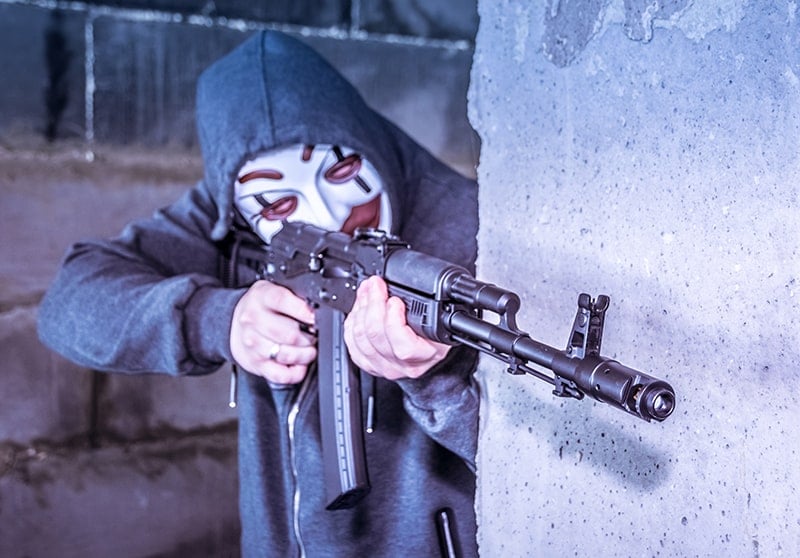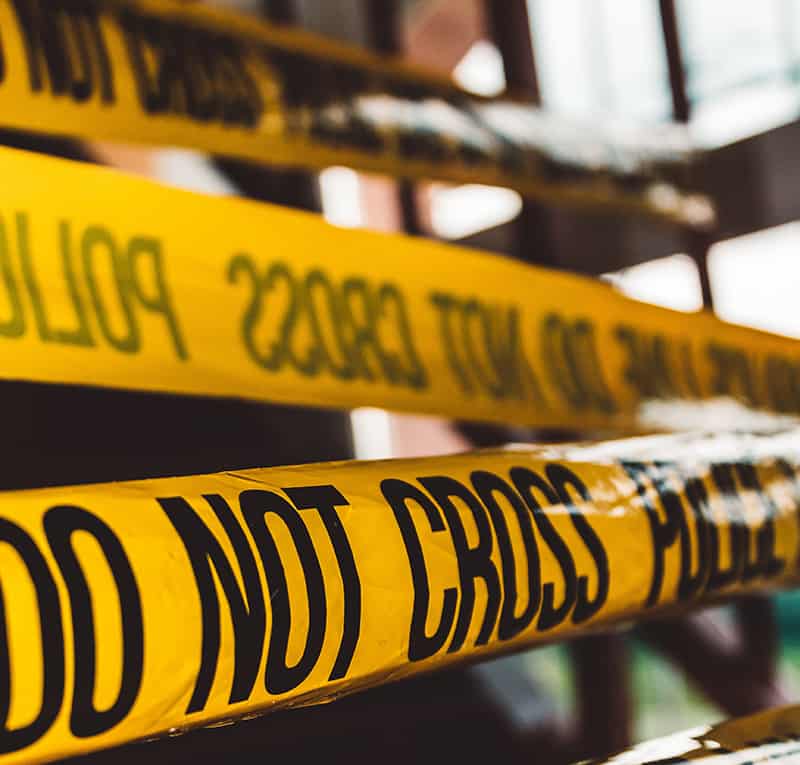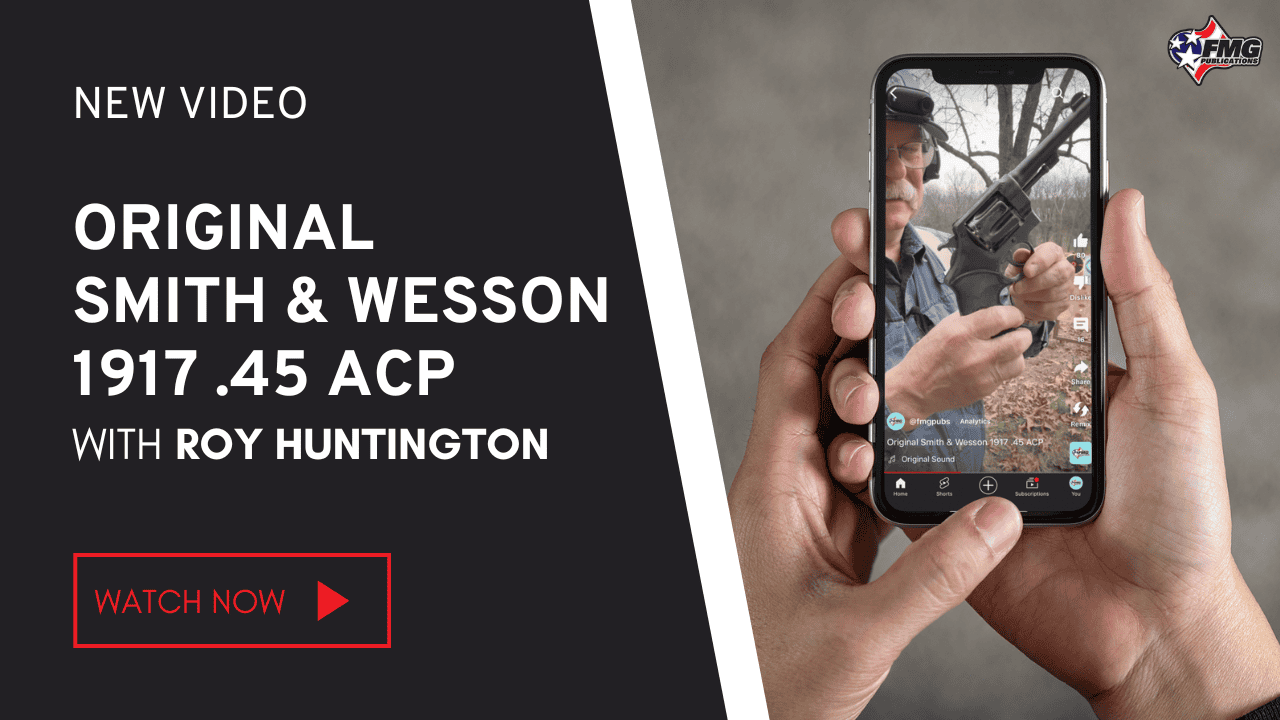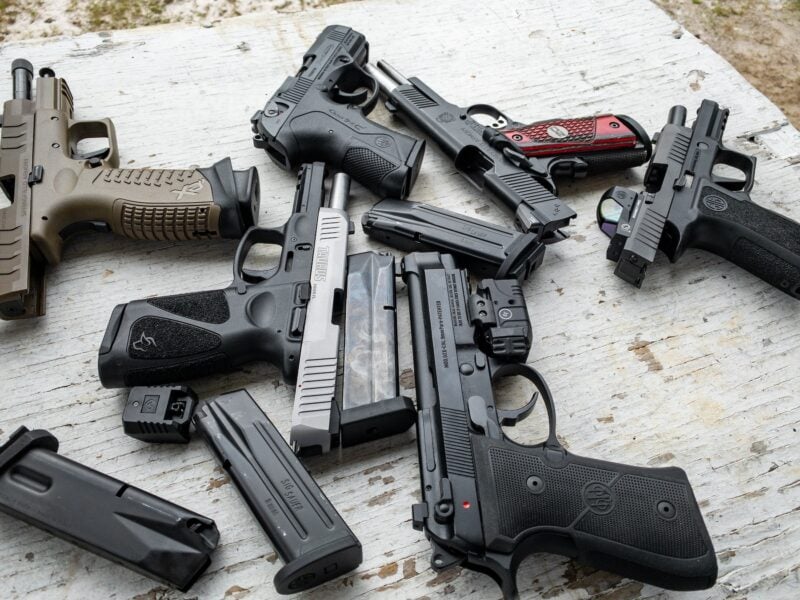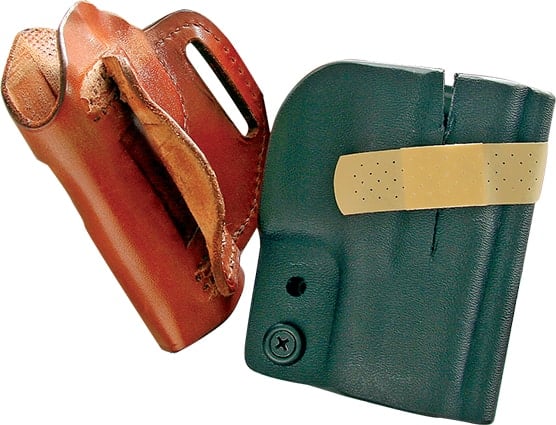Tactical Retreat
In William Shakespeare’s play Henry IV, Sir John Falstaff makes the following statement: “The better part of valor is discretion, in which better part I have saved my life.” (Part 1, Act 5, Scene 4) He points out that sometimes it’s better to avoid conflict than to risk your life when the odds are not in your favor. It’s a famous quote of timeless wisdom, yet most people who concealed carry never seem to envision themselves retreating from conflict. They live in a world tainted by movie heroes like Jason Bourne and John Wick. Movie characters never run. Yet, running … err … “tactically retreating” is sometimes the wisest course of action in real life.
Those of us who carry a concealed weapon do so because we recognize acts of violence are more prevalent these days and can happen anywhere and anytime. We realize the time we spend training for a violent encounter may someday save our life or the lives of other innocent people. It’s a measure of protection to be used if needed. The ultimate goal here is survival. Police have an obligation to respond to such events. Concealed carriers do not. If you choose to engage in the violence, you do so at your own risk, and that risk can be considerable. Let’s say you have trained and are better than 75% of your fellow shooters; 75% seems reasonable in a game of chance. But, when there’s a 25% chance you could be severely injured or killed by responding, you might want to consider the alternatives.
Retreat as Part of a Response Plan
Sometimes you may have no choice and must engage a violent suspect to survive. If that’s the case, use your skills and training to the best of your ability and pray it’s enough. Remember, though, responding to a threat doesn’t have to be immediate. Going into battle blind is never a good option. Consider how many police officers have lost their lives because they rushed into a situation thinking there was only one suspect. It’s better to retreat to a position of cover and evaluate the entire situation. This is one of the reasons you should always be aware of your surroundings and know where the nearest cover or concealment is located. Items that conceal you make it harder for any subject to engage you. Violent people can’t shoot what they don’t see. Cover is always better, though. It provides concealment as well as protection. If the subject does engage you, the protection may save your life. Ultimately, this initial retreat can be crucial regardless of your eventual choice to engage or not.
Tactical or Full Retreat
There are more uses for tactical retreats other than just to safely evaluate the situation. The universal reaction of the public during an active shooter event is to run and for the suspect to follow. He wants to continue the violence with as many victims as possible. Retreat might just be to find cover in the path of the advancing subject that allows for a clear shot as the shooter progresses. This is an unexpected strategy and may be enough to catch the subject off-guard to give you the advantage. Much like a draw play in football, you lure him in and then spring the trap. It’s an ancient battle technique that is still effective — especially during a chaotic scene. A retreat might also serve the greater purpose of assisting others in getting out of harm’s way. How many times are people called heroes by simply helping others escape? It may allow you to cover their retreat, thus saving more lives than just your own.
There may be times, however, when a full retreat may be necessary. If you’ve got one magazine against multiple subjects, it is best to escape and save those rounds for any obstacles (other perpetrators) that may be in your path. Facing someone with a rifle when all you have is a handgun gives the suspect the advantage. It’s not only unwise, but also downright foolish to remain when you’re outgunned. These are situations where the best way to survive the fight is not to get into it in the first place.
The Right Perspective
It’s understandable if retreat sounds antithetical to your self-image. It’s not a palatable thought for me either. But consider this: if you are killed in an encounter from which you could have escaped, then you’ve forfeited your ability to protect your loved ones from that point forward. Is the temporary glory worth that risk?

Get More Personal Defense Tips!
Sign up for the Personal Defense newsletter here:

